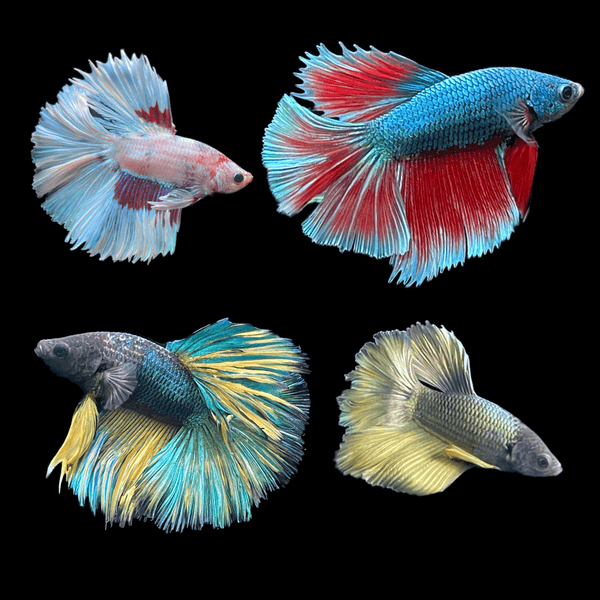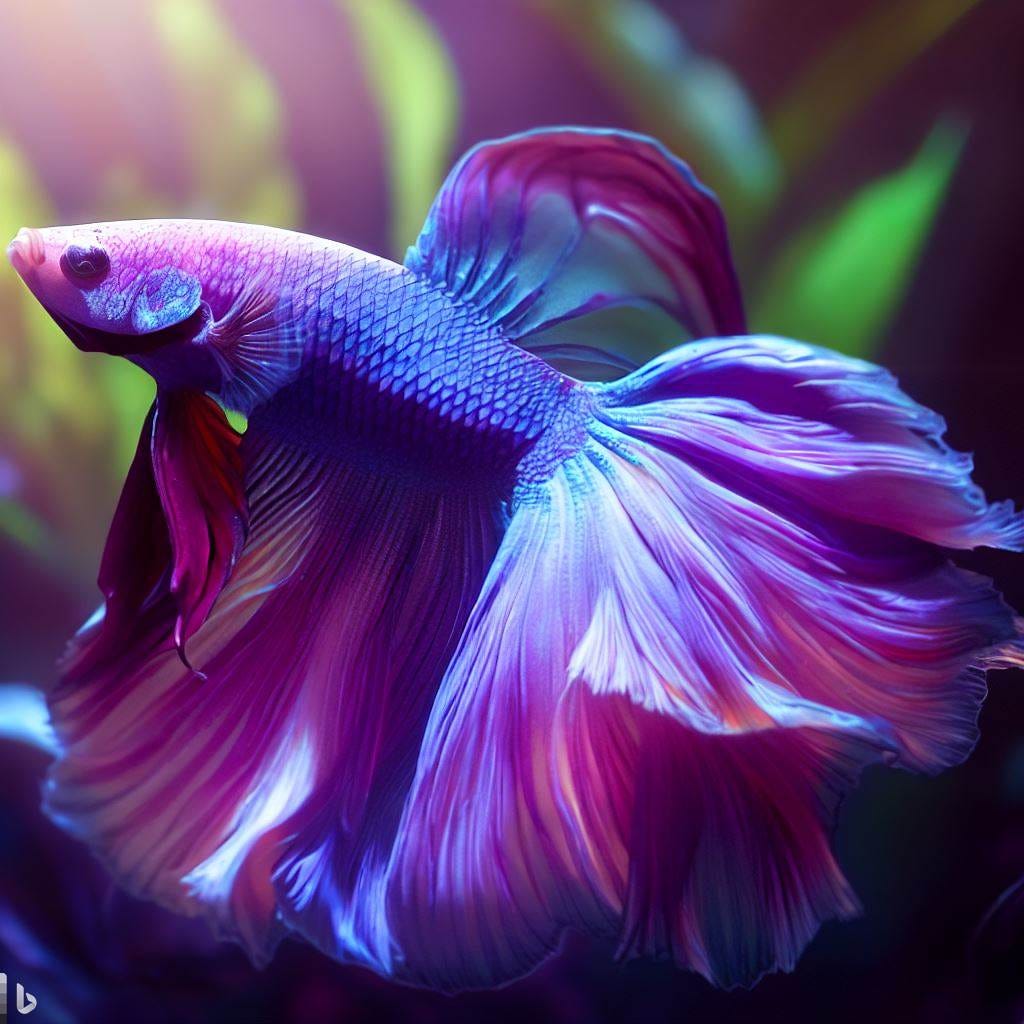Betta Fish Diet Plan: What to Feed Your Betta for Ideal Health And Wellness
Betta Fish Diet Plan: What to Feed Your Betta for Ideal Health And Wellness
Blog Article
The Ultimate Guide to Betta Fish Care: Important Tips for Keeping a Healthy and Growing Aquarium Setting
Efficient Betta fish care requires an extensive understanding of their one-of-a-kind environmental and physiological needs. Developing a suitable aquarium starts with picking the right container dimension and making sure optimum water problems, which are important for the health and well-being of your Betta. Understanding proper feeding techniques and producing a favorable environment can significantly impact your fish's vitality and actions. As you take into consideration these foundational aspects, it comes to be clear that preserving a growing aquarium environment calls for interest to information and continuous dedication. What particular techniques will you execute to improve your Betta's high quality of life?
Selecting the Right Container
Selecting the proper container for your Betta fish is essential to ensuring its wellness and well-being. Bettas flourish in atmospheres that imitate their natural habitats, which normally contain calm, cozy waters. A container size of at least five gallons is suggested to offer adequate swimming area, as smaller sized containers can lead to tension and wellness issues for these dynamic fish.
When picking a container, think about the tank's form and purification system. In addition, a trusted purification system is crucial to keep water high quality and reduce the frequency of water adjustments.
Temperature level regulation is another vital aspect; Bettas choose water temperatures in between 76 ° F and 82 ° F. Spending in a great heating unit will certainly make sure that the water stays within this array, promoting a healthy and balanced and energetic lifestyle for your Betta. Last but not least, supplying appropriate tank decors and concealing areas will certainly help in reducing tension and encourage natural behaviors, additionally enhancing your Betta's well-being.
Preserving Water Quality
Keeping ideal water quality is important for the wellness and longevity of Betta fish. This needs normal tracking of numerous parameters, consisting of temperature level, pH, ammonia, nitrite, and nitrate levels. Bettas flourish in temperatures in between 76 ° F and 82 ° F, so maintaining a steady temperature level is crucial. Unexpected variations can lead to tension and illness.
The pH degree need to ideally fall between 6.5 and 7.5. Routine testing utilizing a dependable water testing set can help make sure these criteria continue to be within the appropriate arrays. Ammonia and nitrite levels should always be at 0 ppm, as even low focus can be toxic to Betta fish. Nitrate levels should be kept under 20 ppm to prevent long-term health problems.
Regular water changes are important to maintaining water quality. It is advised to alter 25-50% of the container water weekly, relying on the container size and stocking degrees. Utilizing a high-quality water conditioner can help remove dangerous chemicals from faucet water, guaranteeing a secure atmosphere. Additionally, including a durable filtering system can assist in maintaining water clarity and quality, giving a much healthier habitat for your Betta fish.
Ideal Feeding Practices
Providing a balanced diet regimen is vital for the health and vivid coloration of Betta fish, as their dietary requirements play a substantial function in their total well-being. Betta fish are carnivorous naturally, needing a diet regimen high in protein. A combination of top quality pellets, icy or real-time foods such as bloodworms, brine shrimp, and daphnia can supply the important nutrients they require.
Feed your Betta fish a couple of times a day, using only what they can take in within a couple of minutes to stop overfeeding and maintain water high quality. Overfeeding can bring about obesity and health issues, consisting of swim bladder condition. It is vital to check their dietary intake and change part dimensions appropriately.
Along with healthy protein, a balanced diet ought to consist of vitamins and minerals to promote ideal wellness. Take into consideration supplementing their diet with premium flakes or pellets particularly formulated for Betta fish, as these often include needed ingredients.

Creating an Ideal Environment

Water quality is critical; preserve a temperature level in between 76 ° F and 82 ° F, and ensure the pH level ranges from 6 - betta fish.5 to 7.5. Routine water original site adjustments of 25-50% per week will certainly help keep toxic substances away and ensure a stable atmosphere
Integrating plants and concealing places is crucial, as Betta fish are naturally territorial and delight in having areas to explore and pull back. Live or silk plants, together with caves and ornaments, can produce a stimulating setting.

Normal Health And Wellness Checkups
Conducting normal health checkups is crucial for ensuring the wellness of Betta fish, as early detection of potential problems can prevent severe health issue. These appointments should include an extensive exam of the fish's physical condition, actions, and environmental aspects.
Begin by observing the Betta fish for any indications of distress, such as sleepiness, loss of appetite, or unusual swimming patterns. In addition, inspect the fins and body for indications of staining, lesions, or fin rot, which can suggest infections or bloodsuckers. Frequently keeping track of the water top quality in the fish tank is just as critical; criteria such as pH, ammonia, nitrite, and nitrate degrees ought to be preserved within ideal arrays to avoid tension and ailment.
In addition, consider keeping a log of wellness observations and water top quality tests. This document can help with the recognition of patterns or reoccuring concerns. If any type of irregularities are identified throughout the checkup, it is vital to seek advice from a vet experienced in aquatic animals. Timely intervention can make a substantial difference in the healing of your Betta fish, ensuring a lengthy and healthy and balanced life in a well-kept aquarium atmosphere.
Verdict
Finally, successful Betta fish care depends upon producing here and preserving an ideal fish tank atmosphere. Key factors consist of picking an appropriately sized tank, guaranteeing consistent water quality, adhering to suitable feeding practices, and designing an environment that reduces stress and anxiety. Normal health check-ups are vital for early detection of possible concerns. By following these standards, aquarists can advertise the health and vibrancy of Betta fish, ultimately leading to a prospering water ecosystem.
Report this page